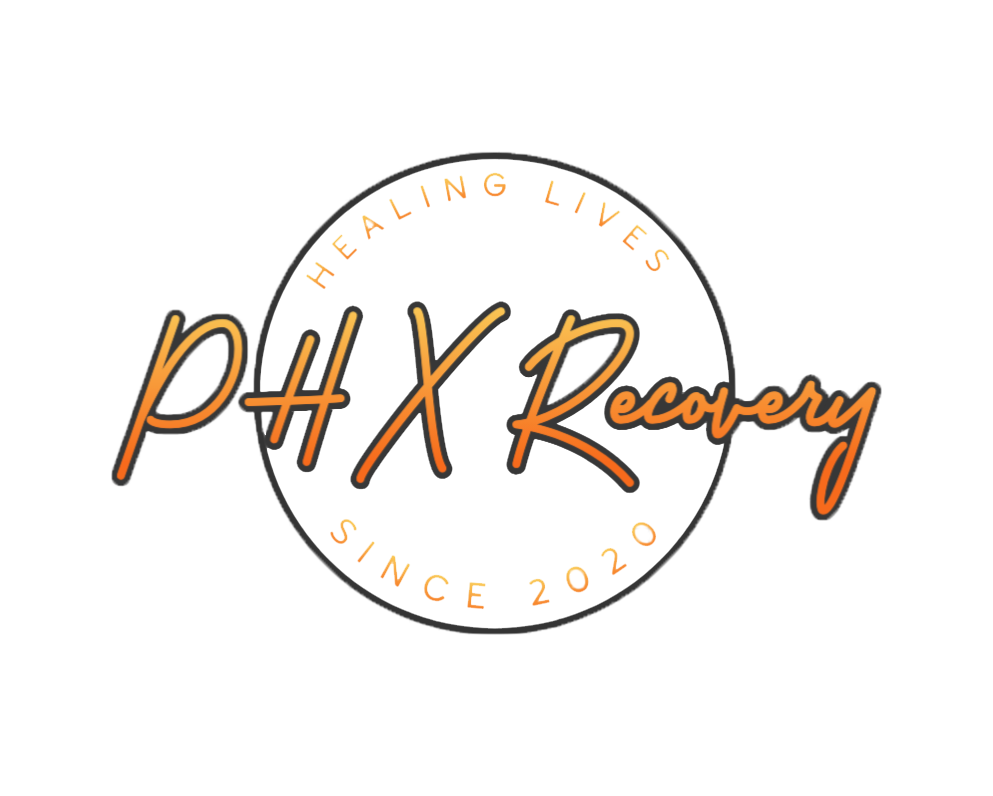What is Our Life Skills Program
Life skills programs for rehab are specialized programs that focus on teaching individuals in recovery essential skills to help them reintegrate into society and maintain their sobriety. These programs often include a variety of practical skills, such as budgeting, job searching, time management, communication, and self-care techniques.
The main goal of life skills programs for rehab is to equip individuals with the necessary tools and knowledge to navigate daily life without relying on drugs or alcohol. This can be especially beneficial for those who may have turned to substance abuse as a coping mechanism or lacked these vital life skills prior to seeking treatment.
How Life Skills Helps
Recovering from addiction can be a challenging journey that requires both physical and emotional strength. While traditional treatment methods such as therapy and medication are important, developing life skills can also play a crucial role in long-term recovery.
Life skills are abilities that help individuals manage daily tasks and make responsible decisions. These skills can range from basic self-care practices like cooking and cleaning to more complex ones like problem-solving and time management. In the context of addiction recovery, these skills can be particularly beneficial in helping individuals stay sober and build a fulfilling life after overcoming their addiction.
One key aspect of addiction recovery is managing triggers and maintaining healthy coping mechanisms. Life skills such as stress management, communication, and self-awareness can greatly aid individuals in dealing with difficult emotions and situations without resorting to addictive behaviors. Learning how to effectively communicate with others, for example, can help individuals express their needs and boundaries in a healthy way instead of turning to drugs or alcohol as a coping mechanism.
Moreover, developing life skills can also increase an individual’s sense of self-esteem and confidence. Many people struggling with addiction have low self-worth and may feel like they are incapable of achieving success or happiness. However, by learning new skills and successfully implementing them in daily life, individuals can gain a sense of accomplishment and build a more positive self-image.
Get Real Help.
Individuals struggling with various disorders often face challenges initiating their path to recovery independently. We have supported numerous individuals dealing with mental health issues and substance abuse. Many credit a loved one for introducing them to our outpatient rehabilitation program, marking the crucial first step towards healing.
90%
Of clients would HIGHLY recommend us
90%
Of alumni say their treatment was a success
85%
Of clients report that they
are sober after 6 months
FAQ
We've compiled a list of frequently asked questions to provide clarity on the experience and alleviate any remaining fears or anxieties you might have.
A typical day in addiction rehab involves a structured and supportive environment aimed at promoting physical, mental, and emotional healing. Residents typically wake up early for a healthy breakfast before starting their daily schedule of therapy sessions, group activities, and workshops that address the root causes of their addiction. These may include individual counseling, group therapy, family therapy, exercise classes, educational lectures, and recreational activities. The day is also filled with nutritious meals, breaks for reflection and relaxation, and time for personal reflection through journaling or meditation. In the evening, there may be peer support meetings or 12-step programs to participate in before turning in for the night. Each day at our facilities is carefully planned to provide a well-rounded approach to recovery and help individuals establish healthy habits and coping mechanisms.
Typically, a detox period lasts around five days, though it can span from three to 10 days. The duration of detox is individualized, influenced by factors like the substances used, amounts consumed, duration of use, frequency, and method of administration. These factors collectively determine the necessary length of stay for you or your loved one.
Upon entering addiction treatment, there are certain items that are allowed and encouraged to bring for your comfort and well-being. These may include comfortable and appropriate clothing, personal hygiene products, prescription medications (with proper documentation), and journals or books for personal reflection. However, there are also items that are not allowed in addiction treatment facilities. These typically include any substances, such as drugs or alcohol, as well as weapons and anything that may be considered a distraction from the recovery process. Checking with the facility we've chosen in advance for a detailed list of permitted and banned items is crucial to ensure a seamless transition into treatment.
With Drug Abuse and Addiction, we understand that addiction is often closely tied to mental health issues. That's why our centers for drug abuse and addiction also prioritize addressing underlying mental health concerns. Our team of professionals is equipped to provide support and treatment for a variety of mental health disorders, such as depression, anxiety, PTSD, and more. We believe in a holistic approach to recovery, and this includes addressing both physical and mental health needs. Our admissions team is dedicated to finding the right facility that can offer comprehensive care for all your needs, ensuring a successful recovery journey. We are here to support you every step of the way towards lasting sobriety and improved mental well-being.
Our admissions team at Drug Abuse and Addiction is dedicated to helping you discover the ideal treatment center for your requirements. Selecting a rehab center can be daunting, which is why our team is here. We are committed to assisting you in navigating the process and locating the perfect center for you or your loved one. Comprised of caring and knowledgeable professionals, our admissions team comprehends the intricacies of addiction and the significance of selecting the appropriate treatment. We consider your unique needs, preferences, and any co-occurring conditions to match you with a facility that provides tailored care. You do not have to face this alone – our admissions team is committed to aiding you at every stage toward a successful recovery.
Watching a loved one struggle with addiction can be heartbreaking and overwhelming. You may feel helpless and unsure of how to help them. The first step towards getting your loved one the help they need is to have an open and honest conversation with them about their addiction. Express your concern and offer your support, but also set boundaries and encourage them to seek professional help. It may also be helpful to research treatment options with our team and have resources readily available for your loved one.
Remember to remain patient, understanding, and supportive throughout this process – recovery is a journey and it will take time. With the right approach and support, you can help your loved one find the path to a healthier and happier life free from addiction. So don't hesitate to reach out for guidance and support from our team at Drug Abuse and Addiction. We are here to help you and your loved one every step of the way towards recovery.
No matter how dedicated you are to your recovery journey or how determined you are to maintain sobriety for life, there's a possibility of relapse at some stage. Statistics from the National Institute on Drug Abuse indicate relapse rates during recovery range from 40% to 60%. Post-relapse, it's common to feel shame or remorse. You might even contemplate surrendering to addiction rather than persevering to combat the urge to use. While these feelings are normal, they can pose obstacles to achieving a drug-free life. Instead, view a relapse as a learning opportunity; refine your relapse prevention strategy and identify triggers. By delving into the underlying reasons for the relapse, you'll establish a foundation for a recovery that ensures you come back even stronger.
The initial step involves assessing whether revisiting rehab is necessary. If it was an isolated occurrence and you're dedicated to evaluating or adjusting your recovery plan, returning to an inpatient facility may not be essential. This setting provides the patient with hands-on care and ongoing monitoring. However, falling back into a persistent pattern of substance misuse may indicate the need for reentry into a structured treatment regimen. If conversations about substance use arise, socializing with individuals who encourage drinking, or using substances as a coping mechanism resurface, it signals a more significant issue requiring prompt intervention.
Upon reentering treatment post-relapse, the primary focus should be on reintegrating into daily life. Opting for a sober living environment for a few months post-treatment could be the most effective means to prevent relapse, as accountability and structure aid during the initial vulnerable phase. Additionally, having an outpatient therapy plan in place for ongoing support post-rehab is beneficial.

Verify Your Insurance With Us
Freeing yourself from Addiction doesn't have to be hard. Take the first Step and begin filling out the form, it's the initial phase in achieving a healthy recovery. We offer the necessary guidance and professional care crucial during the early treatment stages.













